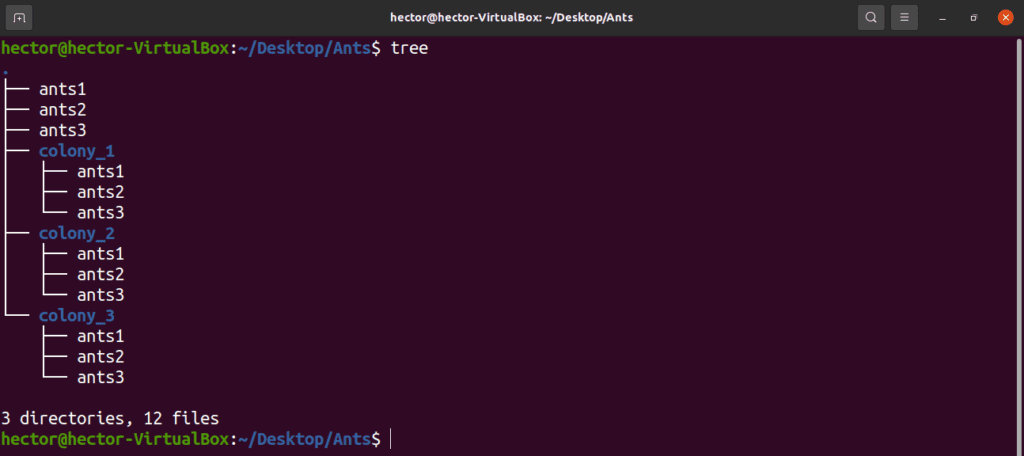

gz, for your tar file), so that in the beginning you should do this: archive = "C:\\Users\\esrilka\\Documents\\Tar Files\\"īasename = os.path.basename(os.path.splitext(os.path.splitext(archive)))Īnd then when you open the json file for writing: with open(os.path.join(outdir, basename + '. z: The z option is very important and tells the tar command to uncompress the file (gzip). v: This option will list all of the files one by one in the archive. Once you’ve located the destination folder, click Select. When the Select Destination window opens, navigate to the new location for the file. From the pop-up menu (Figure 1) select the Move To option. Locate the file you want to move and right-click said file.

The options are pretty straightforward for this: x: This tells tar to extract the files. Here’s how it’s done: Open up the Nautilus file manager. If you want to rename report.json to the name of the tar file you can simply open the file different name: with open(os.path.join(outdir, '3884b56e33d16dd68faa4f1f25c28200.json'), 'w') as f:Īnd if you want that name to be the same as the tar file, use os.path.splitext twice to obtain it (since there are two extension names. If your tar file is compressed using a gZip compressor, use this command. You should assign the path name to outdir directly: outdir="C:\\Users\\esrilka\\Documents\\Tar Files\\Untar Files3"Īnd then use it for os.mkdir and for extraction (note the lack of quotes around outdir): t.extract(member='autodiscovery/report.json',path=outdir)ĮDIT: Now that you mentioned that you want to extract report.json without the autodiscovery directory that is part of its path in the tar file, you would have to use the extractfile method instead and write the content to the desired location yourself: with open(os.path.join(outdir, 'report.json'), 'w') as f:į.write(t.extractfile('autodiscovery/report.json').read()) Yes overwrite, Overwrite files, even if they are newer than the corresponding entries in the archive ( true. The directory to extract files to (the equivalent of tar -C ). Otherwise extract the files (the equivalent of tar -xf ). If TRUE, list the files (the equivalent of tar -tf ). You should use a forward slash instead for extraction: t.extract(member='autodiscovery/report.json',path='outdir')Īlso, os.mkdir does not return the directory name it made, so your outdir variable would be None. dest, directory where to store the expanded files. A character vector of recorded filepaths to be extracted: the default is to extract all files. Or you can use a raw string: t.extract(member=r'autodiscovery\report.json',path='outdir')īut then since you have this condition: if "autodiscovery/report" in member.name: This option tells tar to display the names of the files being extracted on the terminal. For more verbose output, use the -v option.

#Untar to folder windows
Windows users need a tool named 7zip to extract tar.xz files. You should escape a backslash literal with a backslash: t.extract(member='autodiscovery\\report.json',path='outdir') To extract (unzip) a tar.xz file simply right-click the file you want to extract and select Extract.


 0 kommentar(er)
0 kommentar(er)
